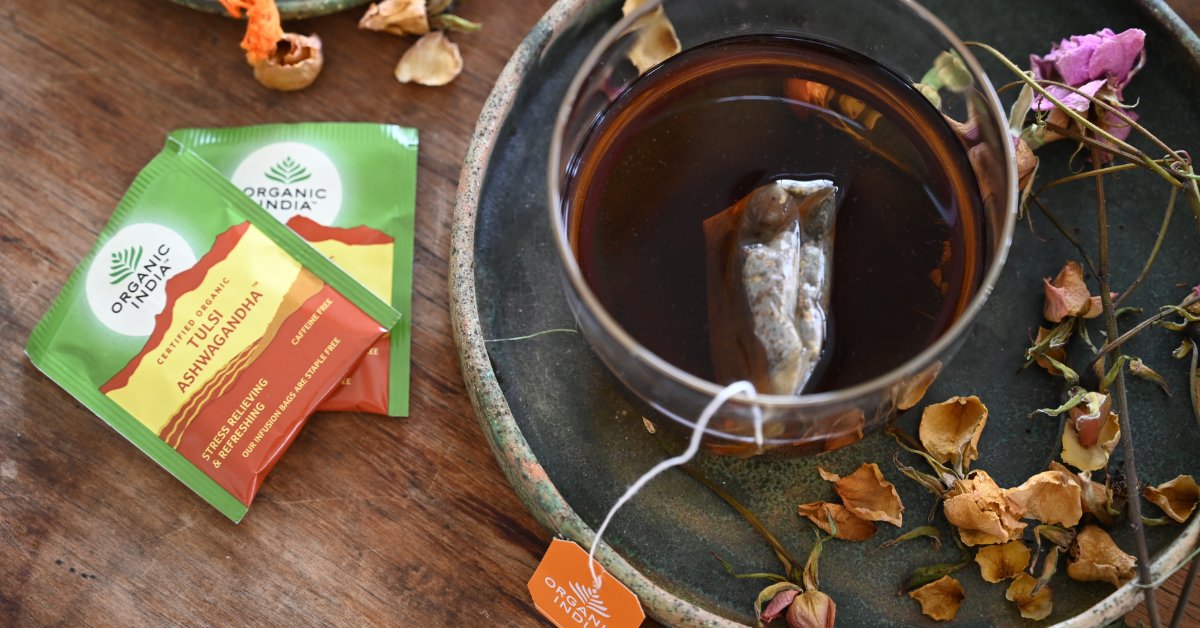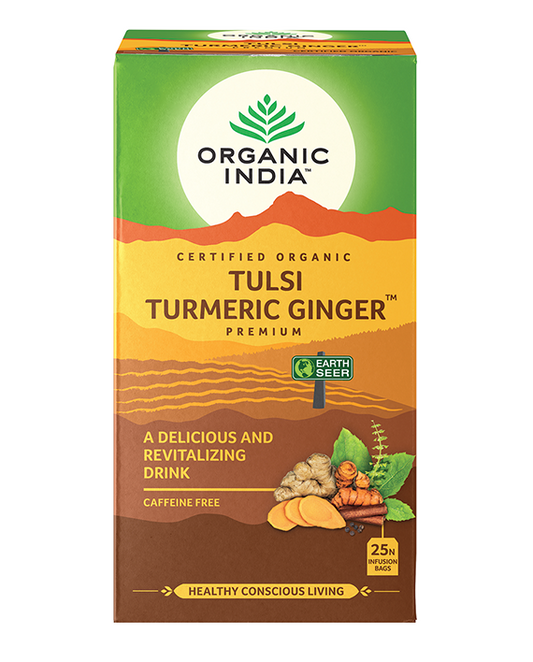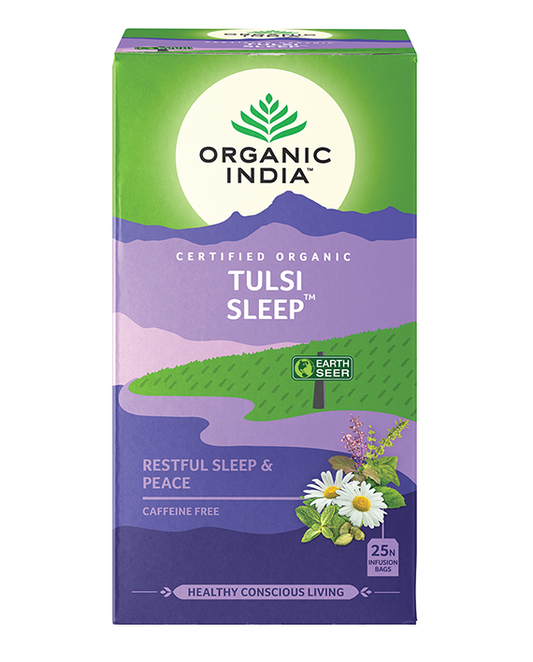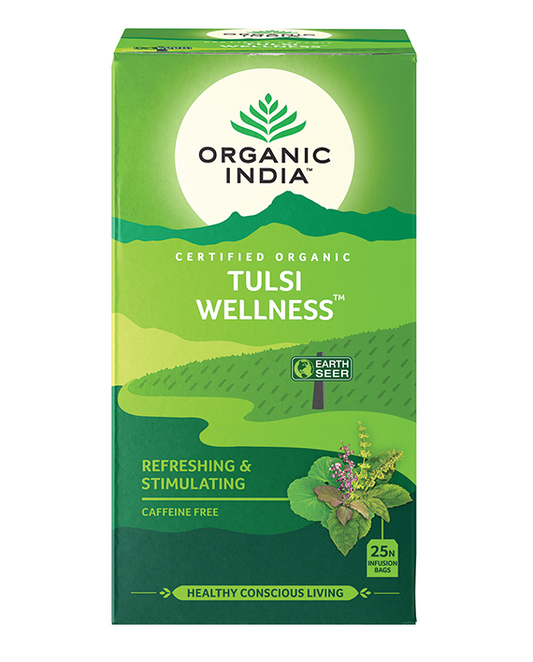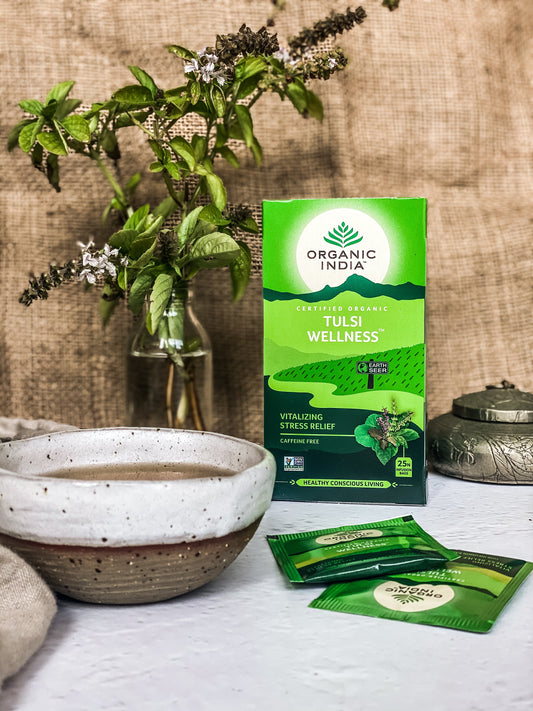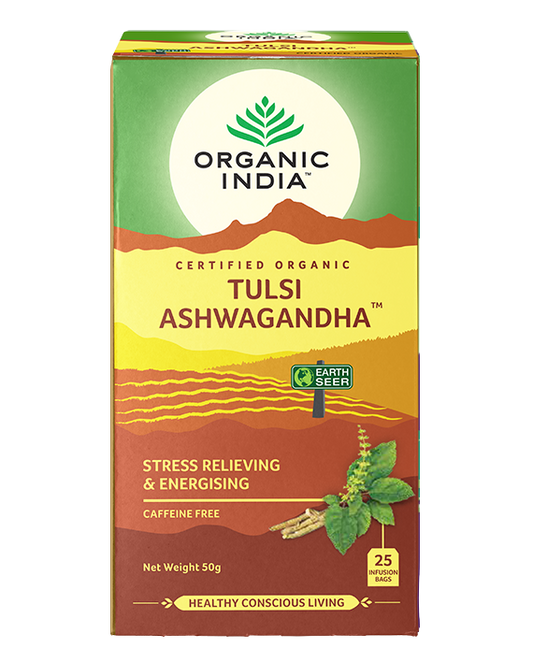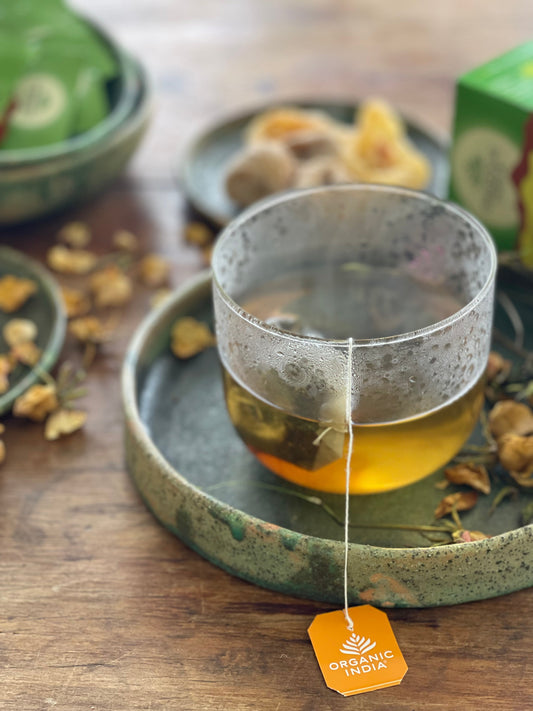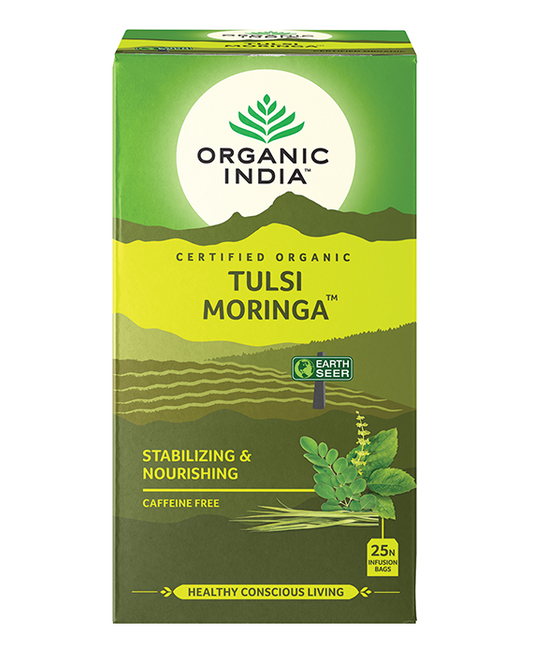Working from home has brought with it some (not so little) challenges, one of which is the temptation to graze from the fridge and cupboard all day long (!)…This can put an additional, unhealthy load on your digestive system. Whether you are a ‘fridge picker’ or not, it is worth checking out Intermittent Fasting in the interests of supporting good health and a strong immune system.
The popular Intermittent Fasting Diets are based around the premise that fasting gives your body more time to better digest and metabolise. This promotes more efficient elimination of toxins which are considered to be the root cause of all disease in Ayurveda.
In addition, if your body requires less energy for digestion (due to a lessening of the continuous ingestion of food), it can redirect that energy toward strengthening your immune system.
The benefits of gentle Intermittent Fasting can include:
- Improved digestion
- Toxin removal
- Immune system support
- Better elimination
- Reduced cravings
- Feeling lighter and brighter with more energy
- Improved complexion
- A greater appreciation of food generally
- An increased awareness of the difference between true hunger and boredom
- Slow, steady weight-loss or easy weight-maintenance.
Intermittent fasting can be an easy, long-term, preventative health practice. This type of diet can take several forms, but two of the most popular are: Time Restricted Eating and Fasting Day Diets.
- Time Restricted Eating
This version involves eating all your meals within a period of say 8 – 12 hours each day, in order to extend the length of overnight fasting time to between 12 and 16 hours. I know for myself, I sleep so much better when I have eaten an early dinner and am not trying to digest during sleep hours.
- Fasting Days
This version involves eating a regular, healthy diet most of the week and then introducing 1 or 2 days of restricted calorie intake. This type of diet was made popular by Dr Michael Mosley’s 5:2 Diet. The fasting days could involve having 1 or 2 days per week where you eat a liquid/soup diet, such as eating a vegetarian soup all day.
- Combining the two
You can also combine Time Restricted Eating to complement a 5:2-style Diet. An example of this would be eating a regular, healthy diet for 5-6 days, with 1-2 soup days, and eating all your meals between say 8am and 7pm.
Drink Tulsi Tea
Regardless of fasting style, a handy adjunct can be a good quality herbal tea, which is permitted (alongside plain water) throughout your fast. ORGANIC INDIA Tulsi herbal teas actually support the fasting process in the following ways:
- It keeps you hydrated
- It promotes digestion rather than hinders it
- It promotes detoxification, aiding the body to rid itself of accumulated toxins
- It helps to keep you calm and grounded should you be feeling a little stress or anxiety
- It helps keep cravings at bay: it gives you a healthy option to sip on throughout the day, rather than reaching for something unhealthy
- It helps balance mood and energy levels
So, my tip is: make sure you have a good supply of Tulsi Tea on hand throughout the day to support the outcomes of your intermittent fasting effort. Best news is, there’s plenty of flavours to choose from. Here’s to our health!
Reference: https://muditainstitute.com/index.html
